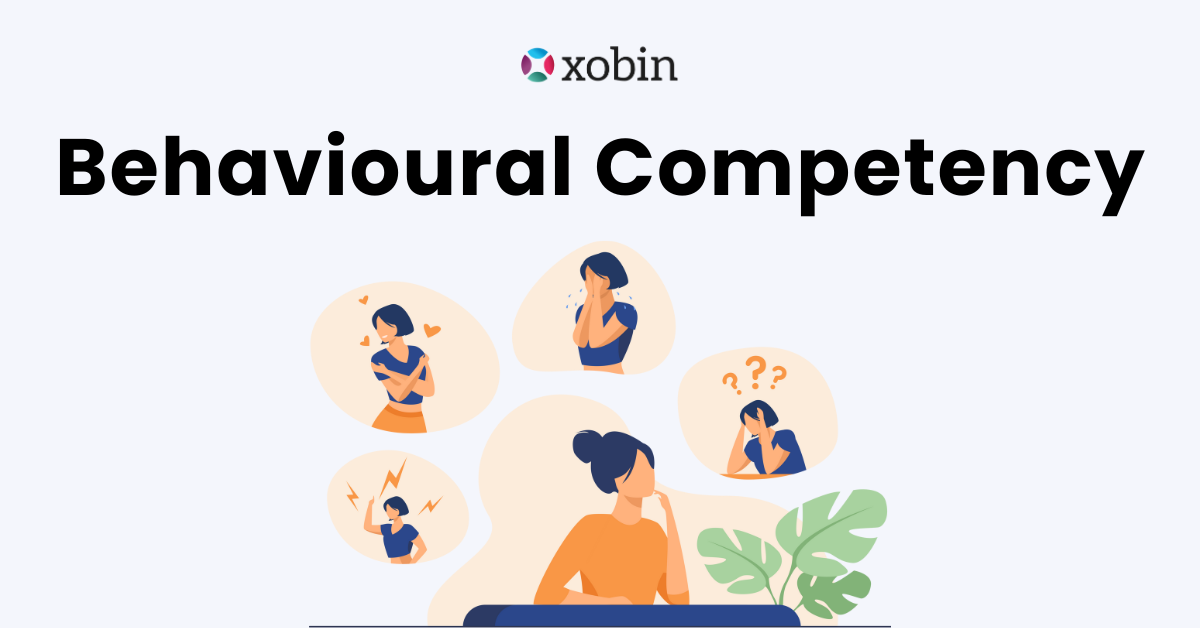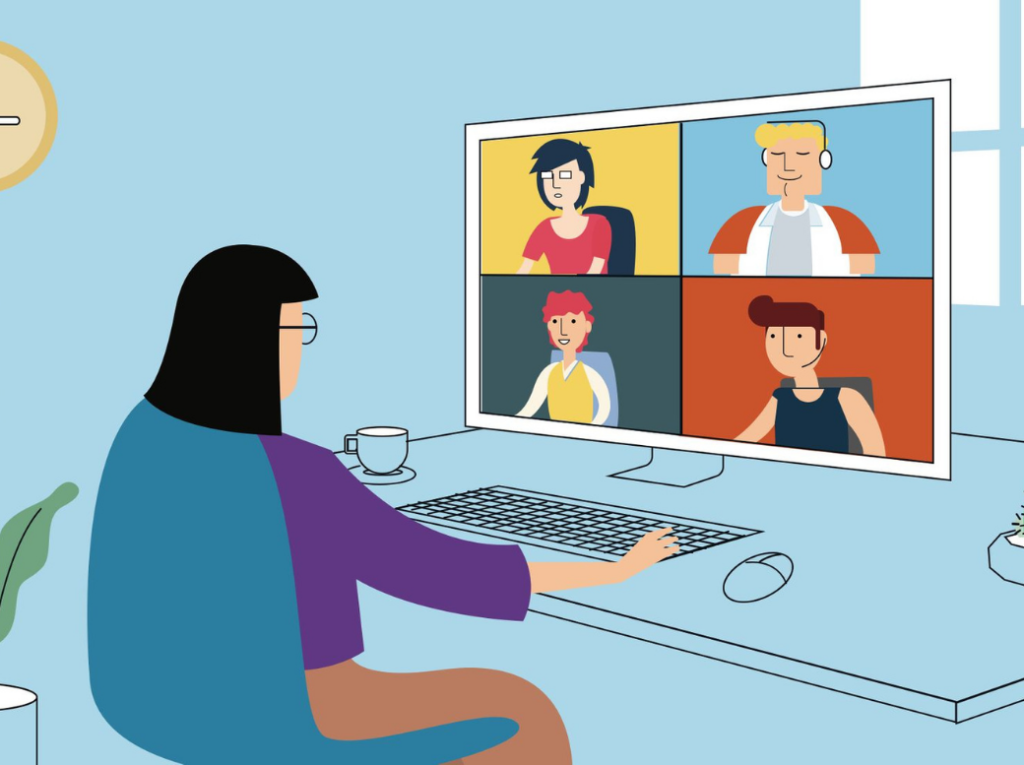XOBIPEDIA
HR Glossary

What is Behavioural Competency?
Behavioural competency for a job role is defined as the personality traits and work style required for that job. It typically comprises the attitude, communication style, and body language.
Every job required an individual to have hard and soft skills. More specifically, behavioural competency pertains to soft skills for a job. Therefore, individuals having both skill competency and behavioural competency are the right fit for a job role.
So What are Different Types of Competencies?
Firstly, let us look at the different types of competencies. In total, there are four types of competencies, and behavioural is just one of them. While hiring, employers focus on different types of competencies.
Four different types of competencies are-
Behavioural Competencies
Behavioural competencies cover an individual’s personality traits. It defines how an individual acts with their co-worker. For e.g., communication, leadership
Functional Competencies
Functional competency refers to a person’s ability to perform a particular task or job. It includes job-oriented skills.
It ensures the quality of work offered by the employee. An equity analyst would be required to have strong knowledge about the fundamentals of equity markets.
Core Competencies
Core competencies can be defined as characteristics of an individual or a company that differentiates itself from the crowd. Such competencies give businesses a certain edge over their competition. For e.g., patents, brand equity, etc.
Managerial Competencies
Managerial competencies can be defined as characteristics, skills, the attitude of a person, which are essential for management purposes. For e.g., team management, problem-solving, leadership, etc.

Examples of Behavioural Competencies
No two jobs are alike. We can group together many of these traits. Let’s take a look at some of them.
- Interpersonal Skills- Don’t you love it when some people are a breeze to work with ? That’s precisely due to Interpersonal skills. It is the ability to work with different teams with comfort and ease. Organization vouch on such individuals to achieving the common objectives.
- Creativity- Hiring for your marketing team ? Or just looking for your next designer. Creativity would top the list of competencies. refers to having a creative mind to create something out of the box. Marketing teams and the advertising industry love such individuals.
- Decisiveness- Slow decision are unhealthy for growing companies. The best leaders have the ability to make a decision and stand by them. However, it also means that the person can vary their decision according to the situation. It requires excellent leadership skills and a bit of adaptability to adjust to different situations.
- Stress Management- It refers to the ability to work under pressure and still being effective and able to maintain self-control.
- Problem-Solving- It refers to the ability to analyze and apply critical thinking as a way to solve problems.
What are Behavioural Indicators?
Humans are often unpredictable. Candidates try to put their best foot forward while applying for a job.
So how do you gauge their behavioural competence?
More importantly, how do you check for red flags in a prospective employee’s behaviour?
Behavioural indicators can be defined as observable behaviour that confirms the presence of a behavioural competency in that person.
It acts as a description of the behaviour in question and acts as proof of whether the candidate has that particular competency or not.
The more behavioural indicators surface in an interview, the more strong is the candidate in that particular competency.
For e.g., A person identifies themselves as a problem solver. The interviewer gives them a critical situation, and the candidate solves that immediately. This increases the chances of that candidate possessing that competency.
I hope this blog helps you learn about Behavioural competencies. To read more such insightful blogs;
Recommended Content

Video Interviews can simplify your hiring
Don’t let a packed schedule be a hindrance in recruitment. Use structured interviews with the power of video to screen applicants. Understand the communication skills, motivation, and job skills using video interviews.

Pre-employment Testing: The Complete Guide
Move over from pen-paper based tests and manually checked assignments to pre-employment assessments. Democratize your organization hiring by screening for skills before you interview.

How can Employers adapt to Remote Hiring
With most jobs going remote, your best applicants could be in Melbourne or Miami. From remote screening and virtual interviews to remote onboarding, Learn the best practices to get started.


